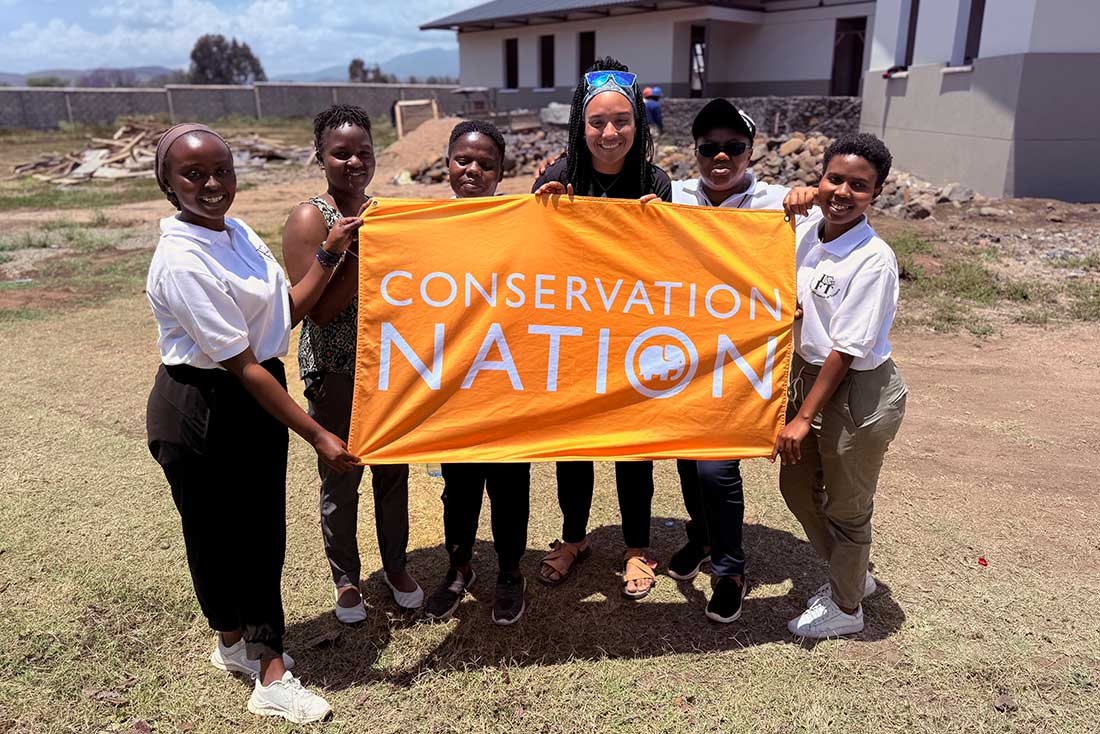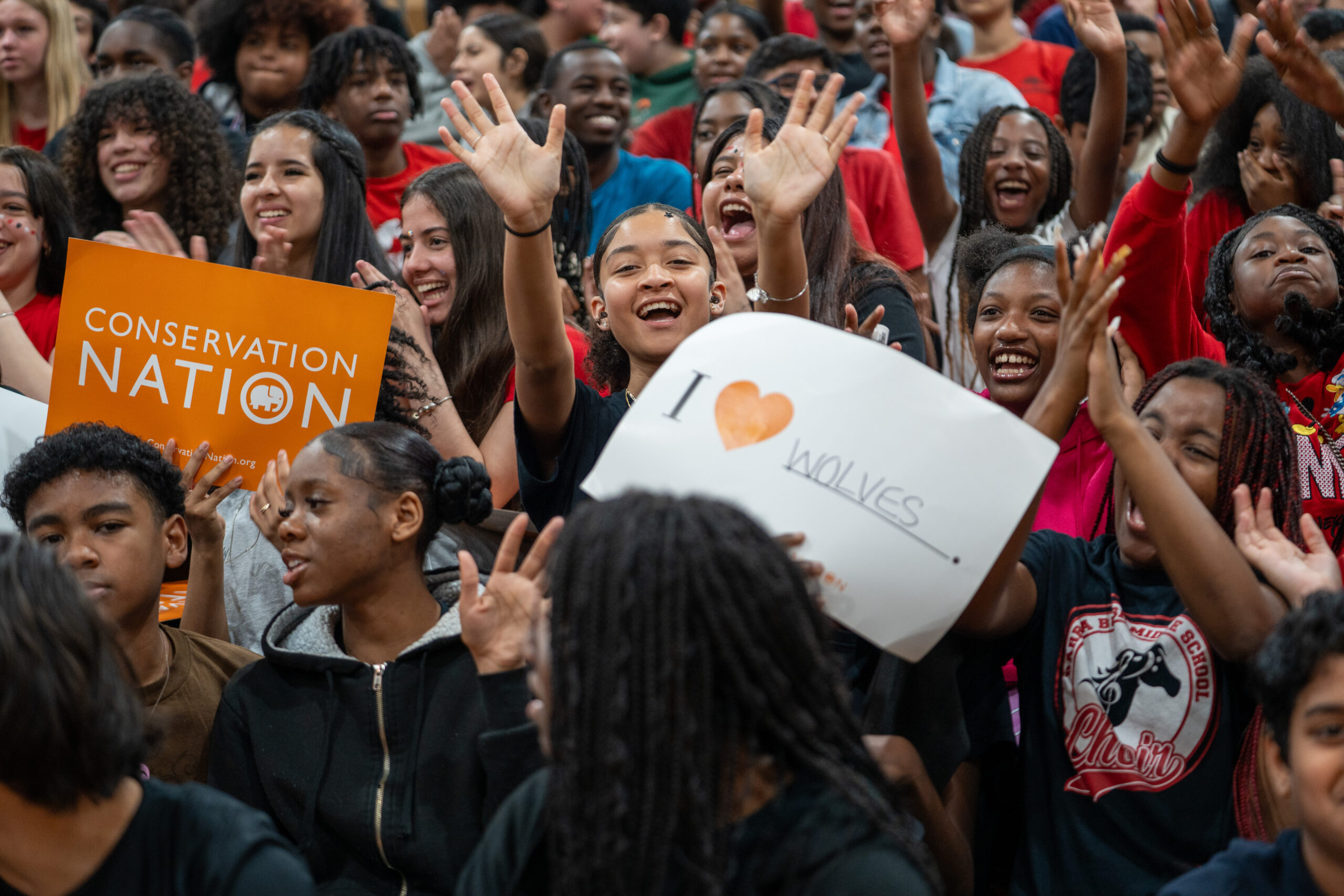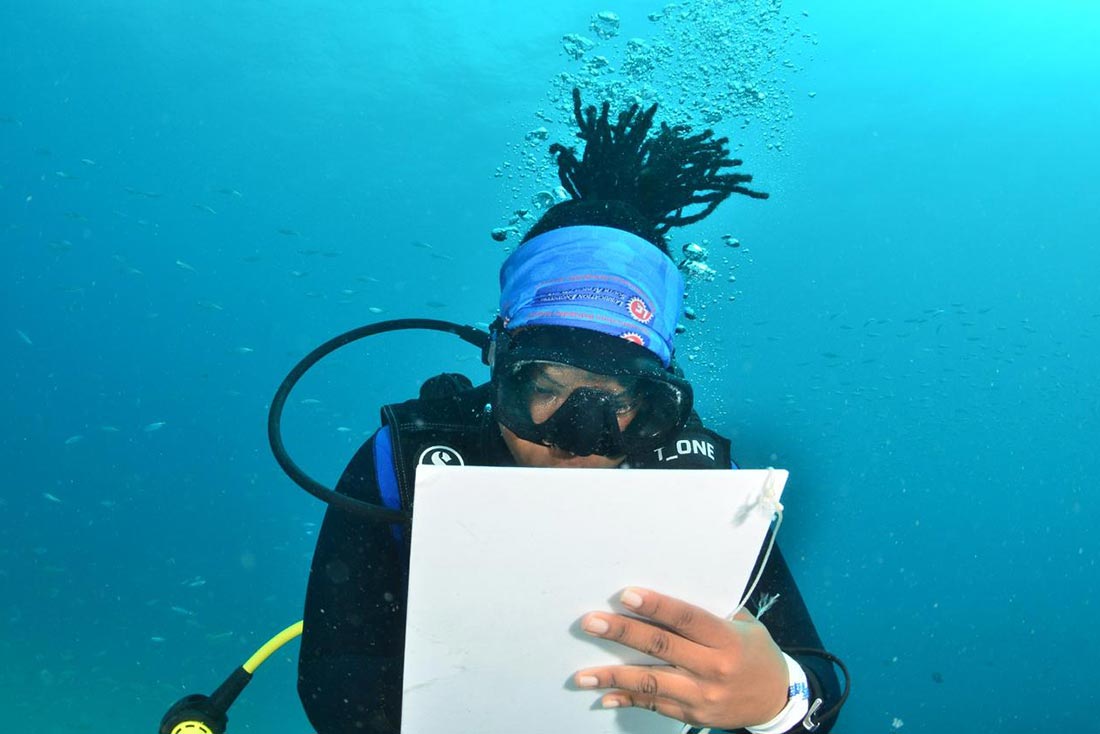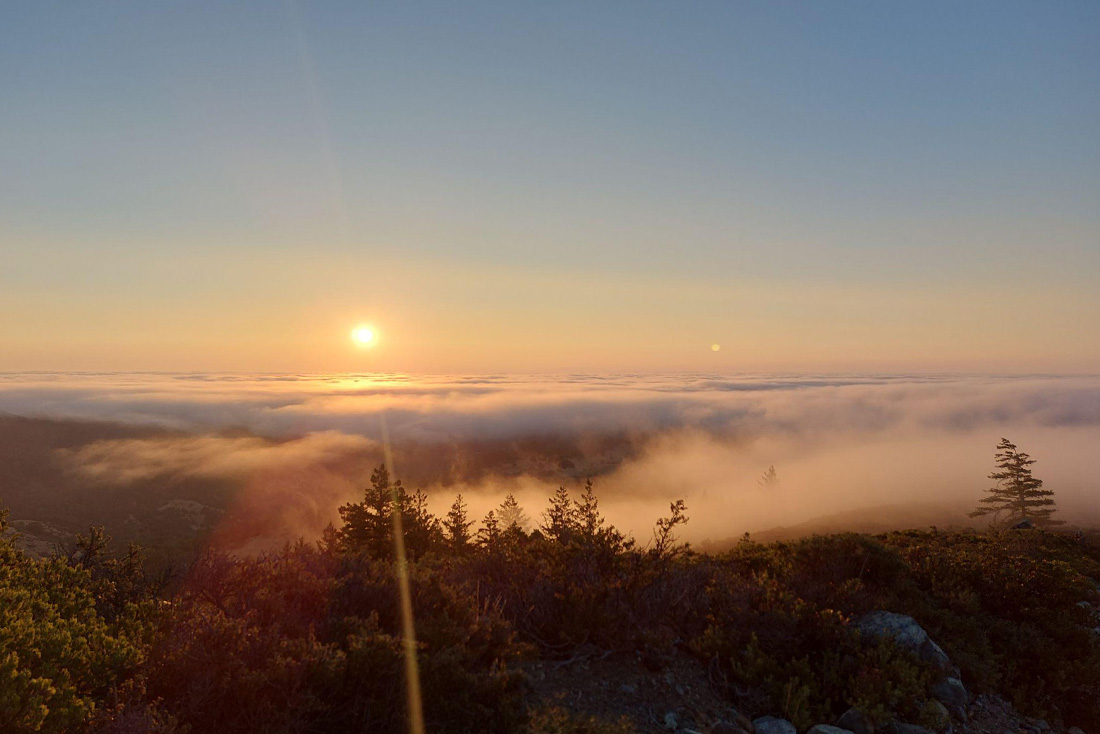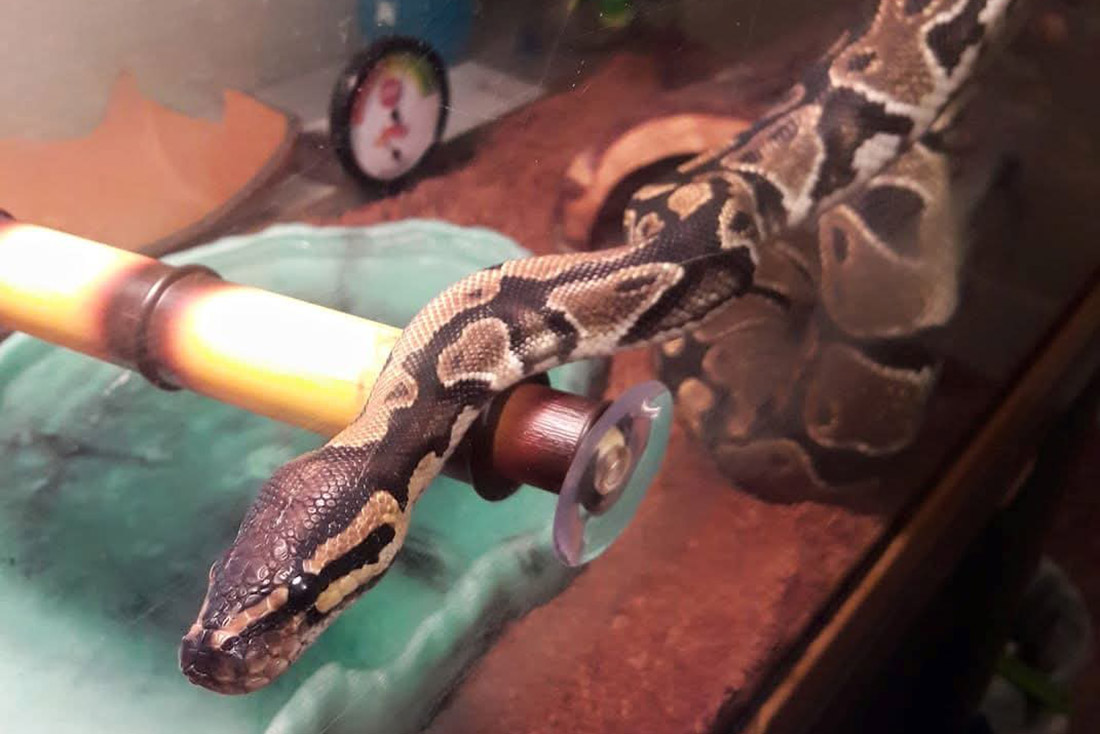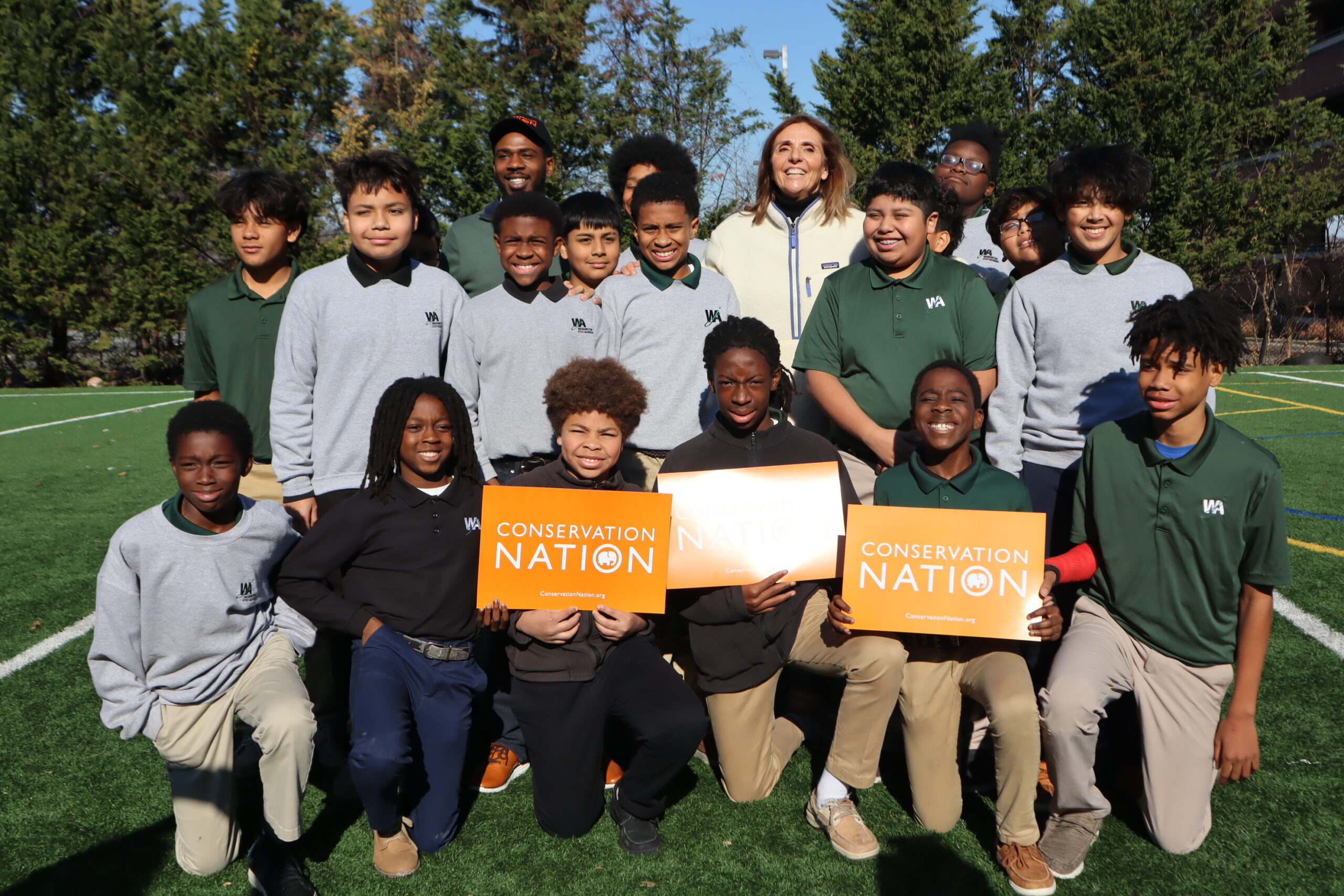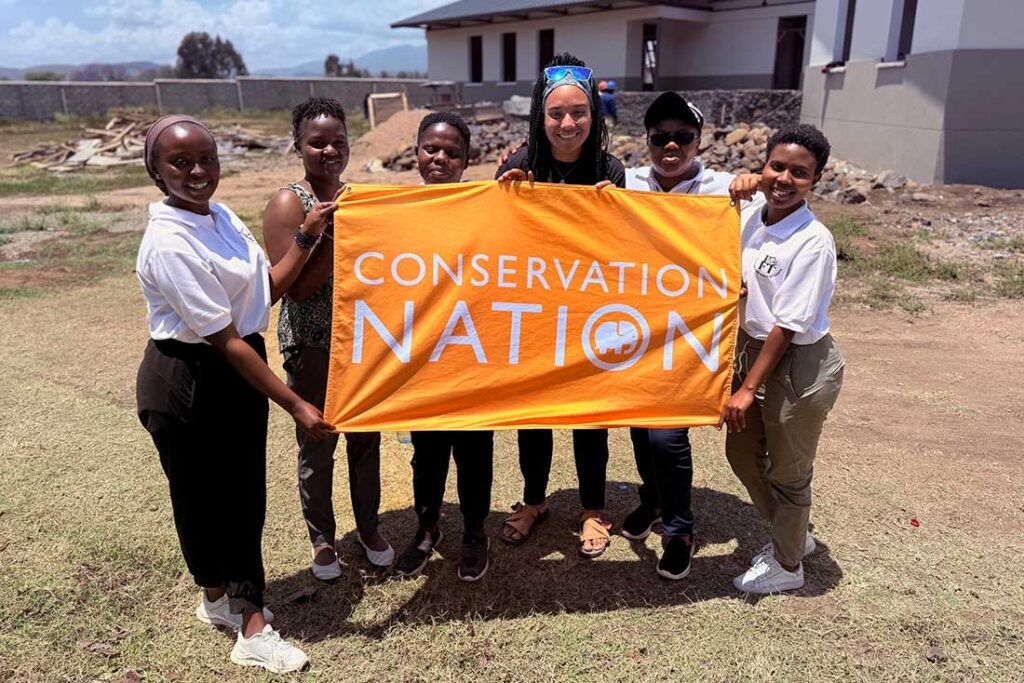I was recently fortunate to spend two weeks in Tanzania working alongside African People and Wildlife through the support of Conservation Nation and Yellowstone Forever. This past June, Conservation Nation fellow Yamat Lengai got to spend time with me in Yellowstone National Park partnered with the Yellowstone Wolf Project, learning and experiencing the work being done on gray wolves out West. Four months later, the fellowship exchange came full circle, and I was able to travel across the globe to Tanzania with my colleague Jeremy SunderRaj, and husband, Jack Rabe – a true dream come true.
Luckily for me, when I was doing my undergraduate degree at Ohio State University, I took four years of KiSwahili, the national language in Tanzania. It felt so good to speak the native tongue and navigate that with ease. I couldn’t help but laugh every time the locals referred to me as a “mzungu” or “white person.” Africa has always been one of my favorite places in the world, and the weeks spent with Yamat only solidified my love for conservation and looking at it through multiple different lenses.
We spent time working alongside the Maasai warriors and local communities, listening to their struggles, and then doing our best to implement changes that are beneficial to both humans and wildlife. Helping build the living walls was humbling but incredibly rewarding. The Maasai owner of this specific farm was disabled, with only one leg, and his wife was getting no sleep at night trying to protect his livestock from predator depredation. It was amazing to work with his family and help provide him with a living wall that will protect his boma and livelihood.
We also had the opportunity to sit in with the Queen Bees from Mama Asali’s all-women bee-keeping operation to learn about their work, and how they can make changes to better suit them in the future. We then got to suit up and head out into the field to start the honey process. Since bees can sometimes be aggressive, it was crucial that we smoke the bees out to calm them, and then we were able to get up close and personal at the beehive and harvest the honey! I was the only casualty, with a nice stinger in the chin – no pain, no gain, right? It was such an incredible experience.
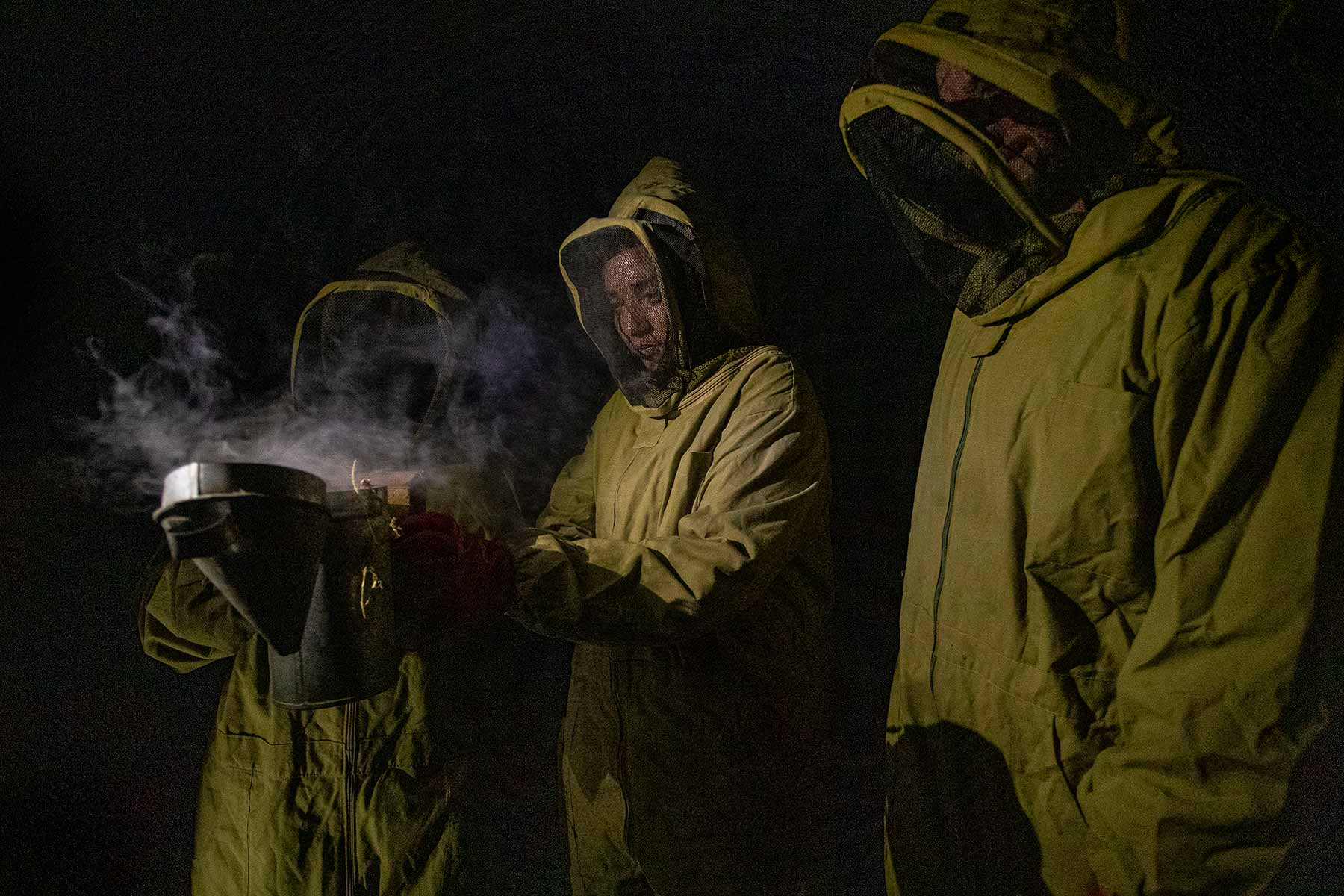
The Girls Foundation of Tanzania
The highlight of my entire time spent in Africa was a trip to The Girls Foundation of Tanzania. The work being done is absolutely incredible, and it felt so good to get a chance to see the impacts that it’s having on the local communities and the girls. Women are often overlooked in Africa, especially in regards to education. The Girls Foundation of Tanzania helps get rid of the stigma and ensures girls have access to adequate education.
We spent time learning from the new girls just accepted into the school and seeing the new facility being built to accommodate the growth and expansion of the school. We then had the opportunity to visit a local school and interact with the children. This moment reminded me why I love the work that I do. It felt so great to see the happiness and joy radiating from the kids and spend some time in their world, enjoying the things they love to do.
I am so honored to be Conservation Nation’s inaugural fellow and to have the chance to share such an incredible experience with Yamat. This fellowship exchange has changed my life and is something that I will think about forever.
Taylor Rabe is a Conservation Nation Fellow.

